Hey Everyone!!!
My name is Atharva and I am a high school student who is passionate about programming, content writing and open-source. I am curious about the world of technology and how it can be used to make a difference in the world. In this blog, I will be covering the basics of Open Source and how someone with zero to limited knowledge can get involved in contributions.
Let's Begin !!!

What is Open Source in the Simplest of Terms?
The actual definition of Open Source is not what you should be referring to if you are a total newbie (though it helps to know the definition to flaunt your understanding of tech jargon in front of people), instead, I will be sharing it with you some real-world and relatable example of Open Source Contributions.
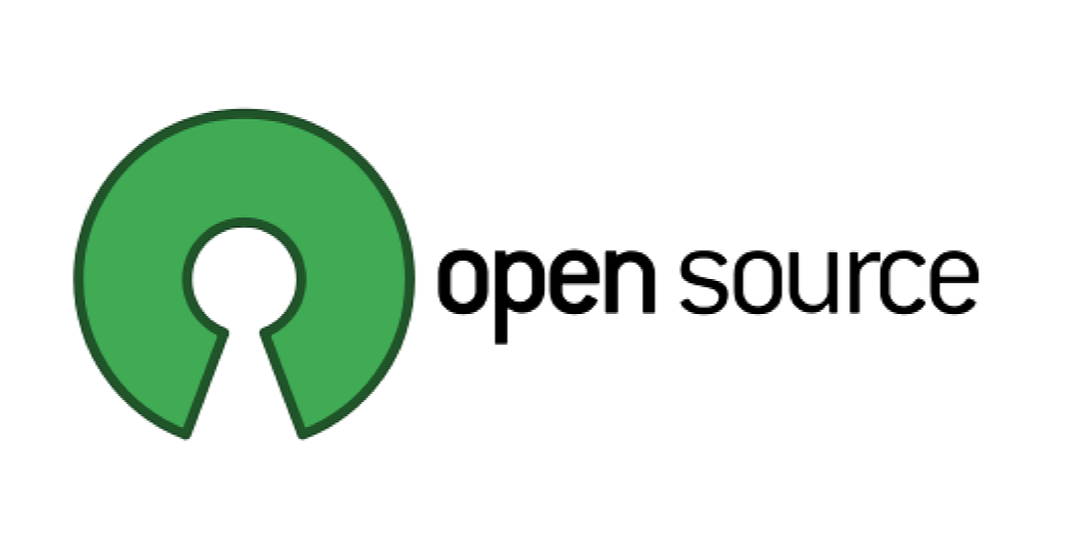
For babies:
Open source is like sharing a toy with your friends. Imagine you have a toy that you like to play with, and you want to share it with your friends so they can play with it too. But instead of just giving them the toy, you also give them the instructions on how to make the toy, and all the pieces so they can make their toy or even make changes to the toy to make it better.
This way, everyone can play with the toy and make it even more fun for everyone. That's what open source is, sharing something and allowing others to use it and improve it, so it can be enjoyed by many.

Still a bit confused? I got you!
Let's say you and your friends are building a big Lego building together. You all have different coloured Lego blocks and you all want to contribute to building the castle. You take turns adding new rooms and towers, and then you show each other what you made and ask if there's anything else you should add or change. And then, you all work together to make the castle even bigger and more beautiful.
That's what open source is, working together with other people to build something even better than what any one person could do alone.

Still unclear? Hear me out!
Open source is like cooking a meal with friends. Imagine you and your friends are having a dinner party and everyone wants to contribute to the meal. Some of you are good at chopping vegetables, some of you are good at grilling meat, and some of you are good at baking desserts.
You all decide to work together to make a delicious meal and share your recipes and tips. And when the meal is ready, you all sit down and enjoy it together. And then, you share the recipe with others so they can make it too and enjoy the meal. That's what open source is, Collaboration, Creation, and Innovation for the better.

Why Contribute to Open Source?
Despite the many challenges posed by modern technology, open source projects offer an excellent opportunity for users to contribute to the development and advancement of software code. Open source software is developed openly and collaboratively that encourages users to develop, review and share the source code.
By taking part in open source projects, one can learn new skills and gain valuable experience in coding and programming, as well as have their code be used to solve real-world problems.
Moreover, open source projects can provide users with a platform to build valuable networks and even further increase the user's visibility within the technology industry.
When you explore ways to contribute, keep these three fundamental ideas in mind:
All people with varying levels of competence and skill are required to contribute to projects.
Even the smallest contributions are better than none.
Start with a project that you are already familiar with or use frequently.
How to Contribute to Open Source?
Open source software has become an integral part of our daily lives. It is used in everything from our smartphones to our cars to the servers that run the internet. However, many people assume that the only way to contribute to open source is by writing code. In this blog, we will explore all the ways that a person can contribute to open source, both with code and without code.
The worst misconception I've noticed among newcomers to open source is that you have to be a genius coder to contribute to open source. That is untrue.
The majority of just what makes open source successful is actual labour—time spent bringing about the project's goals. This includes both code and non-code labour that provides utility to the project.
In short -
"As Anyone Can Wear The Mask, Anyone Can Contribute To Open Source"

Writing Code
I know that until now I have been reiterating the fact that you don't need to code to contribute but we cannot ignore that one of the most obvious ways to contribute to open source is by writing code. This can include anything from fixing bugs to adding new features. If you are new to open source, it can be helpful to start by looking for issues labelled "good first issue" or "beginner friendly." These issues are typically small and easy to understand, making them a great way to get started.
When contributing to code, it is important to adhere to the project's coding style and guidelines. You should also make sure to write clear and detailed commit messages and pull request descriptions. This will make it easier for the maintainers to understand your changes and review your code.
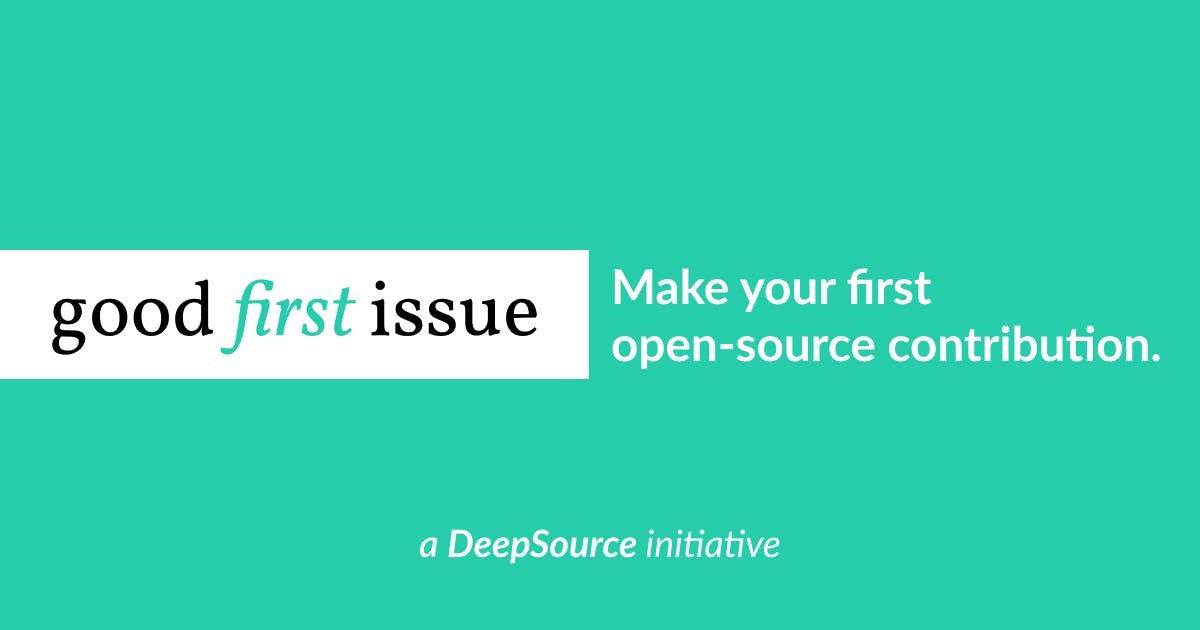
Testing a Release
Projects that are intended to run across various platforms may encounter a variety of portability issues. The project leader hopes that beta or release will be tested by a wide variety of users on a wide variety of platforms as a release approaches. You may be one of those individuals and contribute to making sure the package functions on your platform. When contributing to testing, it is important to follow the project's testing guidelines and to report any issues that you find in a clear and detailed manner.
Normally, all you have to do is download, build, and test the software, but if you're using a unique distribution or piece of hardware, the value of your contribution to the project might be enormous.
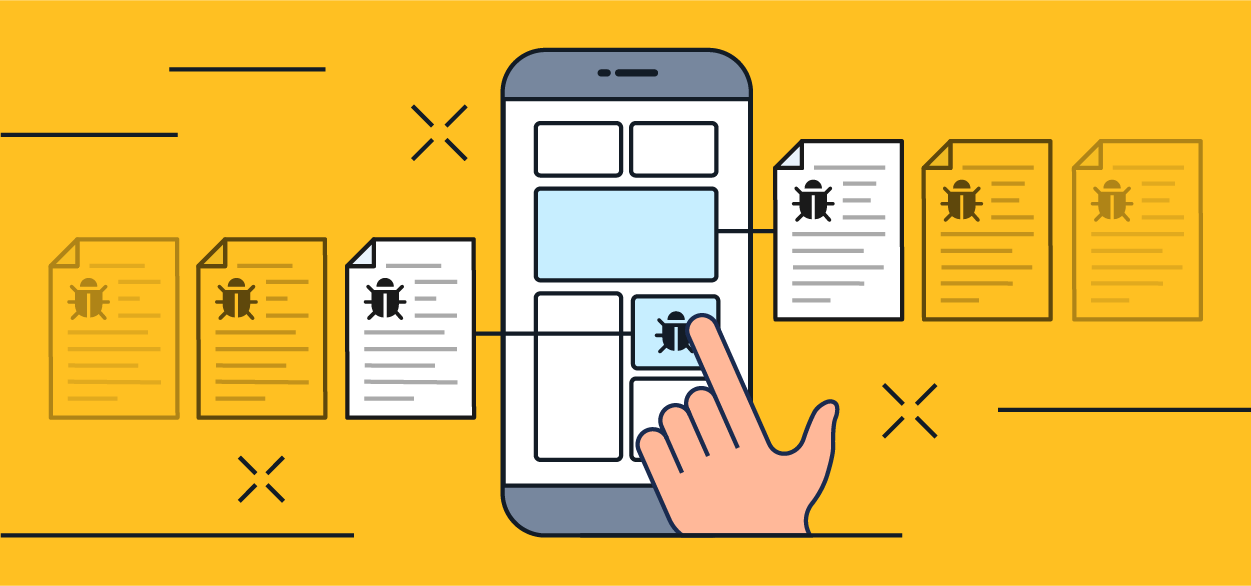
Fixing a Bug
Contributing to Open Source by fixing bugs is a great way to help out and make an impact on the world. Not only does it help the developers and the project, but it's also incredibly rewarding for the person doing it. It can be done casually or at your own pace, as there are lots of communities and forums dedicated to helping people who contribute in this role. You'll learn valuable technical skills while helping others and enhance your programming capabilities. Plus, you may even receive community recognition for your contribution.
Look for a bug in the system that seems intriguing and attempt to fix it in the code. If necessary, describe the fix in the code.
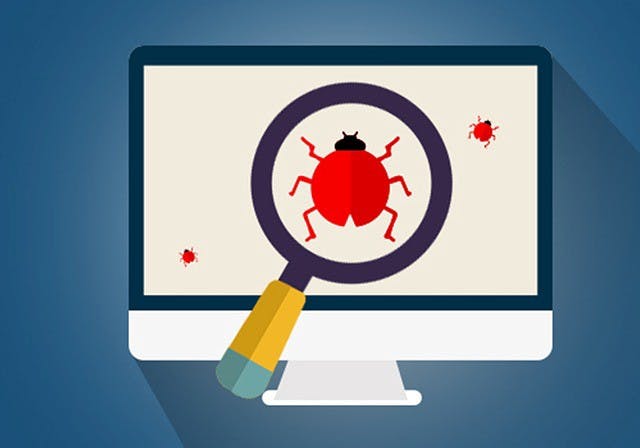
Helping with Documentation
Another way to contribute to open source without writing code is by helping to document the project. This can include writing documentation, creating tutorials, or even making videos. Many open source projects rely on documentation to help new users get started and to provide guidance for advanced users. By contributing to the documentation, you can help make the project more accessible to a wider audience.
When contributing to documentation, it is important to make sure that the documentation is accurate, up-to-date and easy to understand. You should also ensure that the documentation follows the project's style guide and that it is in the correct format.
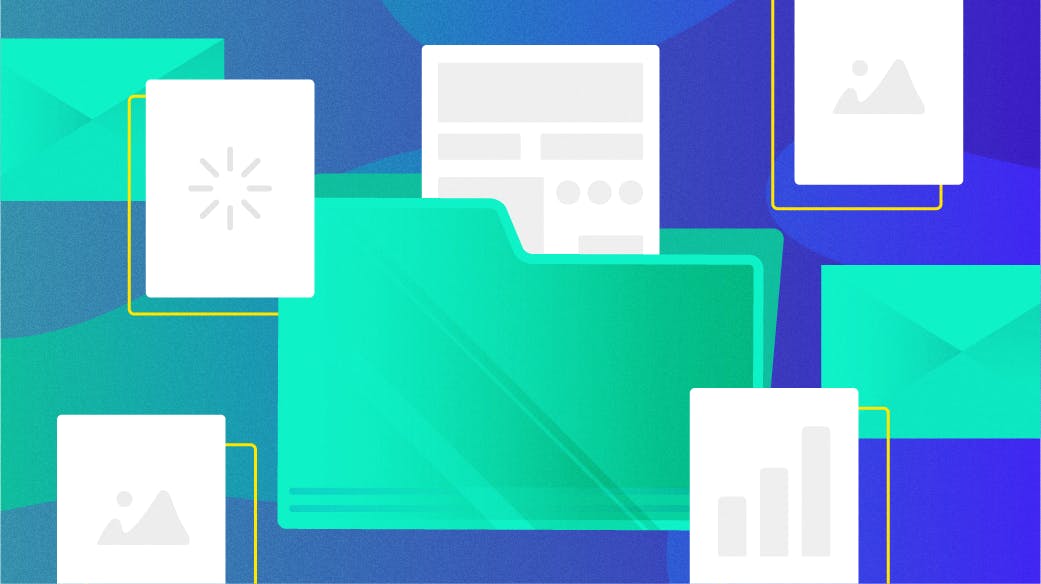
Design
Design is another area where non-coders can contribute to open source. This can include creating logos, designing website layouts, or even making videos. A well-designed project is more likely to attract users and contributors and can help to establish the project as a leader in its field.
When contributing to the design, it is important to understand the project's style and guidelines. You should also ensure that the design is accessible and easy to use.
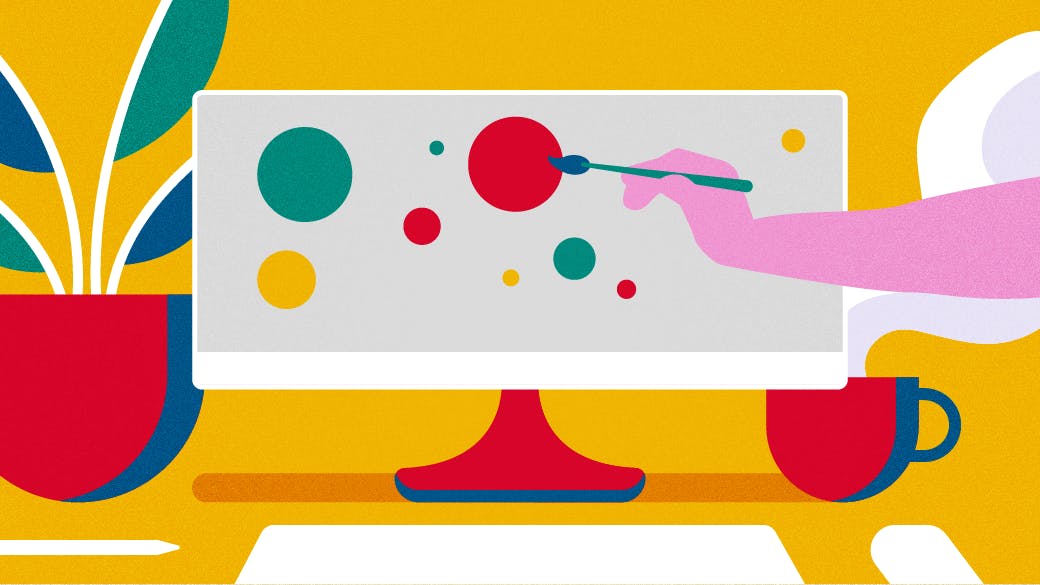
Participating in the Community
Another way to contribute to open source is by participating in the community. This can include answering questions on forums or mailing lists, helping to triage issues, or even mentoring new contributors. By participating in the community, you can help to make the project more welcoming and inclusive, and can also learn a lot about the project and the open source ecosystem.
When participating in the community, it is important to be respectful and helpful.

Write a blog post
If you have a blog, write about your experiences with projects you use. Tell us about a problem you encountered while using the software and what you did to resolve it. By helping the project stay in the minds of others around you, and by creating a record for someone else in the future who has your problem and is looking for answers on the internet, you can help.
Blogging your technical adventures is also a great way to show your hands-on experience with the software in question the next time you look for a job using that software.

Promoting the Project
In addition to these specific ways to contribute, there are also many general ways to support open source. This can include promoting the project on social media, speaking about the project at conferences or meetups, or even donating money to the project. By supporting open source, you can help to ensure that it continues to thrive and evolve.
You should also make sure to follow the project's guidelines for marketing and communication.

Providing User Feedback
Providing user feedback is another way to contribute to open source. This can include reporting bugs, suggesting new features, or providing feedback on the user experience. By providing feedback, you can help to shape the direction of the project and make it more user-friendly.

When providing feedback, it's important to be clear and concise. You should also make sure to follow the project's guidelines for reporting issues and providing feedback.
Offering Technical Support
Offering technical support is another way to contribute to open source. This can include answering questions on forums or mailing lists, troubleshooting issues, or even helping to triage bugs. By offering technical support, you can help to make the project more accessible and user-friendly.
The best way to build community is by helping others. By helping those who are relatively new or newbies you ensure a positive environment for the growth of the project and also your team-building skills. Answering questions is critical to the growth and success of your project. When offering technical support, it's important to be patient and helpful.

Prerequisites
There are a few prerequisites that can help you get started with contributing to open source projects:
Familiarity with a version control system: Most open source projects use version control systems such as Git to manage and track changes to the codebase. It's helpful to have some experience with Git before you start contributing to an open source project.
Basic coding knowledge: You don't need to be an expert coder to contribute to open source, but you should have a basic understanding of the programming language or technologies used in the project. If you don't know any language, you need not worry, there is always something for you in Open Source!
Good communication skills: Open source projects often rely on online communication and collaboration, so it's important to be able to communicate effectively in writing.
Time and commitment: Contributing to open source projects can be rewarding, but it also requires a significant time commitment. Make sure you have the time and dedication to see your contributions through to completion.
A willingness to learn: Open source projects are a great way to learn new technologies and improve your coding skills. Be open to learning and trying new things as you work on a project.
Roadmap
If you're interested in contributing to open source projects, here is a general roadmap that you can follow:
Find a project to contribute to: There are many open source projects available, in a variety of languages and domains. Take some time to explore different options and find a project that aligns with your interests and skills.
Set up your development environment: Depending on the project, you may need to install specific tools or libraries to get started. Follow the project's documentation to set up your development environment.
Familiarize yourself with the project's codebase: Before you start making changes, it's important to understand the project's existing codebase and how it is structured. Look for documentation or guidance on how the project is organized and how to build and test the code.
Make small, incremental changes: As a newcomer to the project, it's best to start with small, incremental changes. This will allow you to get a feel for the project's codebase and development process, and allow you to learn from more experienced contributors.
Communicate with the project's community: Most open source projects have a community of contributors and maintainers who are available to help and offer guidance. Don't be afraid to ask questions or seek feedback on your contributions.
Keep learning and contributing: Open source contribution is a learning process, and you'll get better as you gain more experience. Keep an eye out for opportunities to learn and improve, and continue to contribute to the project as your skills and interests evolve.
Remember that open source contribution is a collaborative process, and everyone is welcome to contribute, regardless of their experience level. With time and effort, you can become a valuable contributor to any open source project.
Conclusion :
In the end, contributing to open source is not only about writing code or fixing bugs but also about being part of a community that shares a common goal and vision. It is important to remember that open source is a collaborative effort and every contribution, no matter how small, can make a difference. Therefore, it is crucial to find the way that best suits your skills and interests, and start contributing today.
In addition to these specific ways to contribute, it's also important to remember the importance of sustainability in open source. This can include things like code reviews, testing, and documentation, as well as ensuring that the project has a healthy community and governance structure. By focusing on sustainability, you can help to ensure that the project will continue to thrive for years to come.
Open source software is a powerful tool for driving innovation and improving the world. By contributing to open source, you can be a part of that effort and make a positive impact on the lives of millions of people. So, whether you're a developer, designer, writer, or just someone who wants to make a difference, there's a place for you in the open source community.
Open source projects offer tremendous opportunities for users to contribute to the development and advancement of software and grow their networks. Contributing to open source projects allows users to learn valuable coding and programming principles and to create software that is run and used by many people around the world. The greatest benefit of taking part in open source projects is the valuable experience and insight gained by contributing to the development process and having their code be used to solve real-world problems.
Open source software is constantly changing and evolving, so there will always be opportunities to get involved. Whether you're a seasoned developer or just getting started, a designer or a writer, there's a place for you in the open source community. So, don't be afraid to dive in and start making a difference today.
Go Make a Difference Today !!!

Liked This Blog?
Do react and comment with your thoughts on the points discussed above.
Make sure to follow me :

